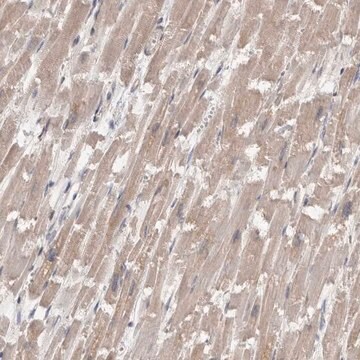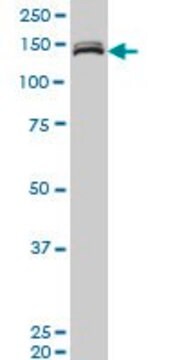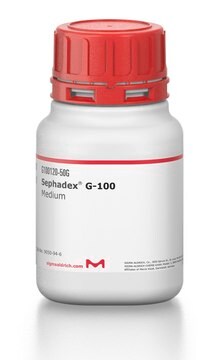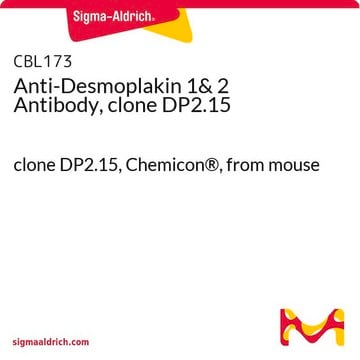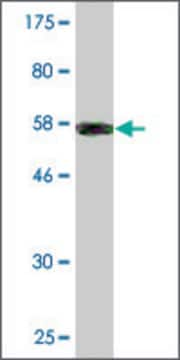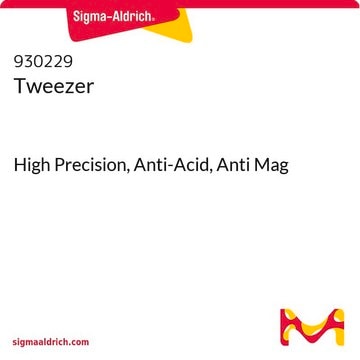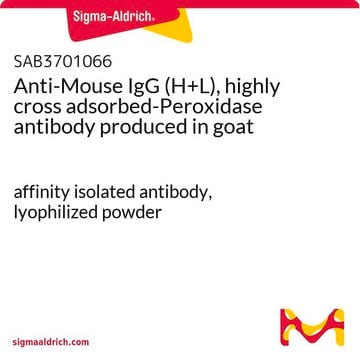SAB4200147
Anti-FHOD1 antibody produced in rabbit
~1.0 mg/mL, affinity isolated antibody
Synonym(s):
Anti-FH1/FH2 domain-containing protein 1, Anti-FHOS, Anti-Formin homology-2 domain-containing protein 1, Anti-formin homolog overexpressed in spleen 1, Anti-formin homology 2 domain-containing protein 1
About This Item
Recommended Products
biological source
rabbit
conjugate
unconjugated
antibody form
affinity isolated antibody
antibody product type
primary antibodies
clone
polyclonal
form
buffered aqueous solution
mol wt
~130 kDa
species reactivity
human
packaging
antibody small pack of 25 μL
concentration
~1.0 mg/mL
technique(s)
immunohistochemistry: 10-20 μg/mL using heat-retrieved formalin-fixed, paraffin-embedded human spleen sections and biotin, ExtrAvidin® peroxidase staining system
western blot: 0.5-1.0 μg/mL using whole extracts of human K562 cells
UniProt accession no.
shipped in
dry ice
storage temp.
−20°C
target post-translational modification
unmodified
Gene Information
human ... FHOD1(29109)
General description
Application
Biochem/physiol Actions
Legal Information
Disclaimer
Not finding the right product?
Try our Product Selector Tool.
Storage Class Code
10 - Combustible liquids
Flash Point(F)
Not applicable
Flash Point(C)
Not applicable
Certificates of Analysis (COA)
Search for Certificates of Analysis (COA) by entering the products Lot/Batch Number. Lot and Batch Numbers can be found on a product’s label following the words ‘Lot’ or ‘Batch’.
Already Own This Product?
Find documentation for the products that you have recently purchased in the Document Library.
Our team of scientists has experience in all areas of research including Life Science, Material Science, Chemical Synthesis, Chromatography, Analytical and many others.
Contact Technical Service